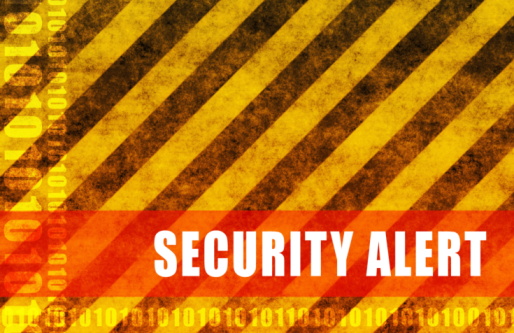How to Keep Your Sensitive Data Safe
By Brooke Chaplan
Data security is one of the hottest topics in media these days. This new trend is really no surprise given that cyber threats have increased exponentially over the last decade. According to the security firm Symantec, its research revealed that cyber criminals release approximately one million new threats across the internet daily. Many of these attacks are directed at businesses of every size and across all industries.
Yet, cyber criminals are not the only ones responsible for business security breaches. Sensitive data can find its way to the public through employee error and negligence, active offline espionage, and poor data storage practices. To keep your sensitive data safe moving forward, implement the following policies as soon as possible.
Internet Lockouts
Prevent employees from accidentally downloading data-stealing malware by placing security controls on their computers that prevent them from visiting high risk sites when using work computers to go online. Additionally, make certain they can’t purposely download any software via manual methods to work computers from the internet.
Communications Monitoring
Since many employees accidentally reveal sensitive data in electronic and phone-based communications, arrange your computer network to give remote access to your IT personnel so they can review all electronic communications for breaches. Also, utilize call-monitoring software so you have control of most office communications.
Entrance/Exit Security
Make certain that all employees have swipe-style photo business cards, Naag Tag Name Tags, or badges so that only employees enter or exit the building without escort. Company Name Tags make sure only authorized people can get through, and keep your work and data secure. Security guards at entrances and exits can also perform physical security checks, issue visitation badges, and make certain that neither employees nor visitors leave the building with documentation containing sensitive information.
Data Security Training
Training employees to follow safe data practices is critical to preventing leaks. During training, they can learn a variety of data security tips, such as storage and backup steps, communication policies, and methods to change a conversation about secret work projects or clients to something else when at home or in public settings.
Backup Storage
Lastly, business owners can safeguard their data by backing up all information to heavily encrypted external drives or cloud services instead of computer hard drives. Also, backups are critical in fixing data damage caused by hackers.
Given that sensitive data is a commodity to many people, it is more important than ever you secure it through all available online and offline methods. Although these five methods are not the only ways you can keep data safe, they are a good place to start.
Brooke Chaplan is a freelance writer and blogger. She lives and works out of her home in Los Lunas, New Mexico. She loves the outdoors and spends most her time hiking, biking and gardening. For more information, contact Brooke via Twitter @BrookeChaplan.







